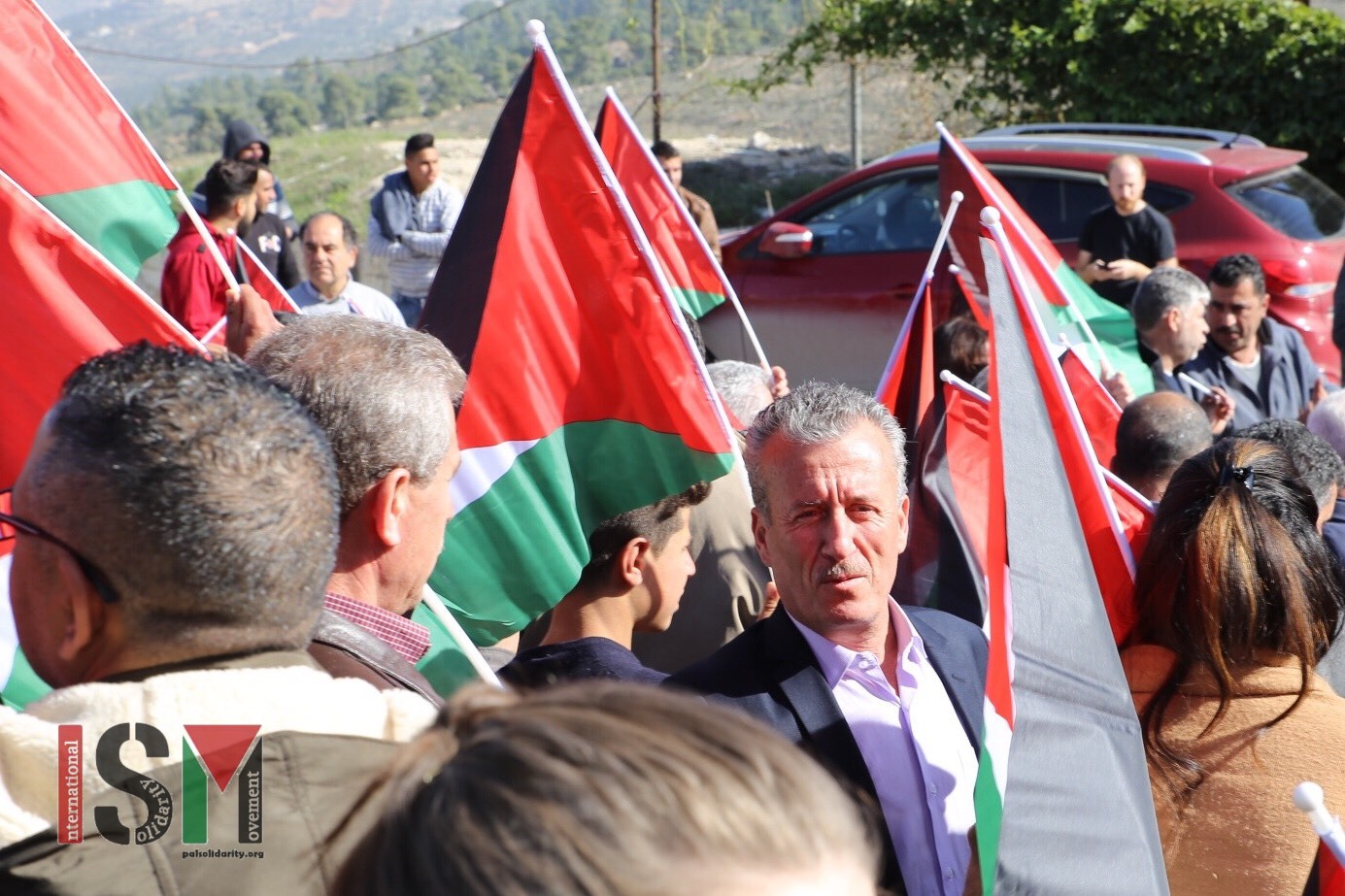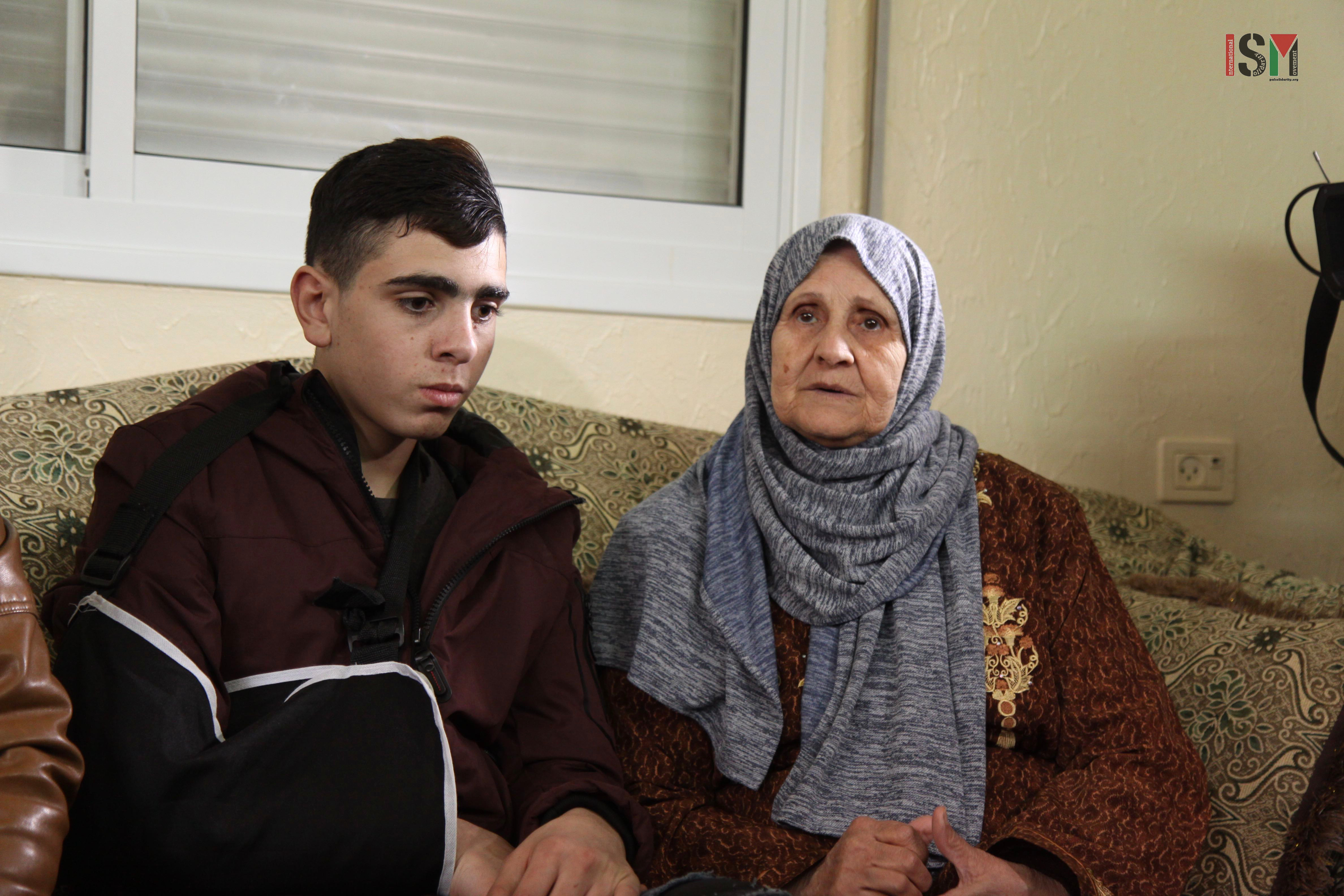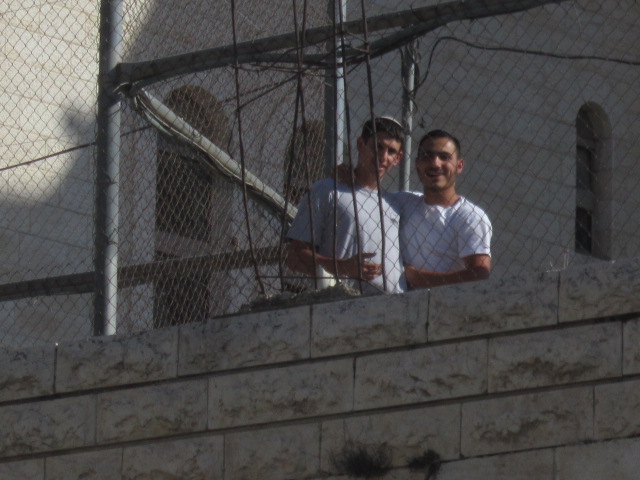Tag: Child prisoner
-

Ahed Tamimi Returns Before Israeli Show Trial
11th February 2018 | International Solidarity Movement, Ramallah team | Occupied Palestine On Tuesday morning, Ahed Tamimi once again was brought before an Israeli military court at the Ofer Military Prison. Despite objections from the Tamimi family and Ahed’s lawyer, all media and foreign diplomats were barred from entering the court room during the…
-

Fawzi Al Junaidi Released
28th December 2017 | International Solidarity Movement, al-Khalil team | al-Khalil, Hebron, occupied Palestine International Solidarity Movement visited the family home of Fawzi Al Junaidi who was released after his family paid a 10,000 shekel bail on Wednesday Fawzi returned back to his family home after a checkup at hospital. The iconic photo of a…
-

Israeli forces shoot at and arrest 14-year old boy in Hebron
26th June 2017 | International Solidarity Movement, al-Khalil team | Hebron, occupied Palestine A fourteen year old Palestinian boy was shot at by settlers and soldiers before being arrested on the 25th June at 4:00 pm outside Bab al-Baladiya, the military base overlooking the old city in occupied al-Khalil (Hebron). Sources are unclear as to…
